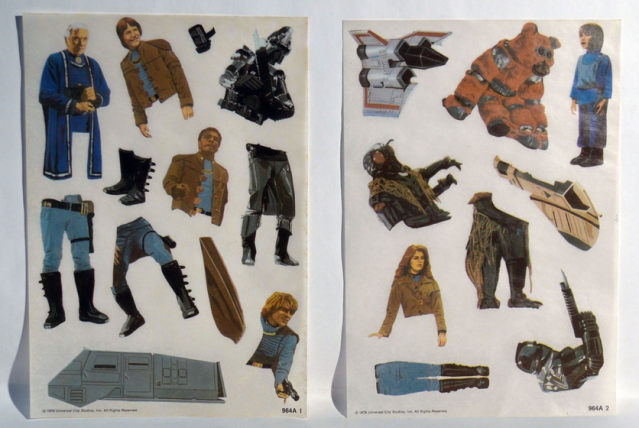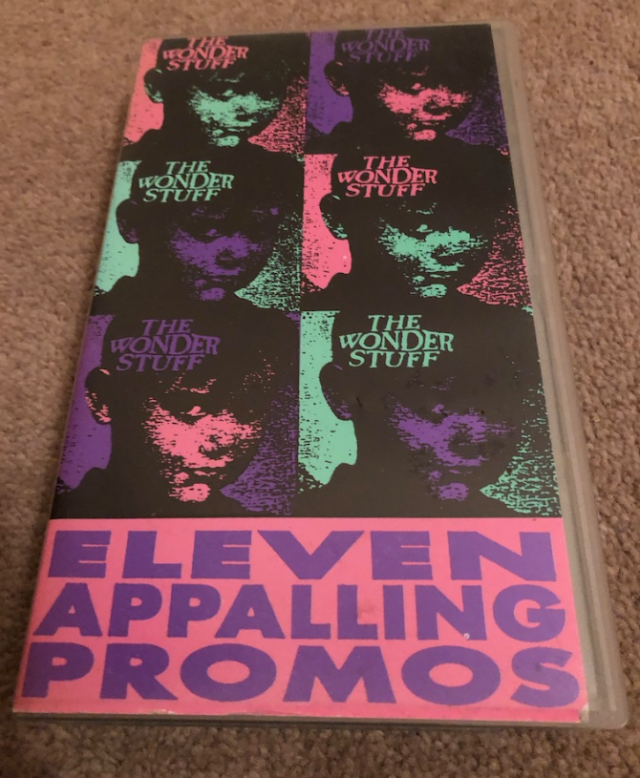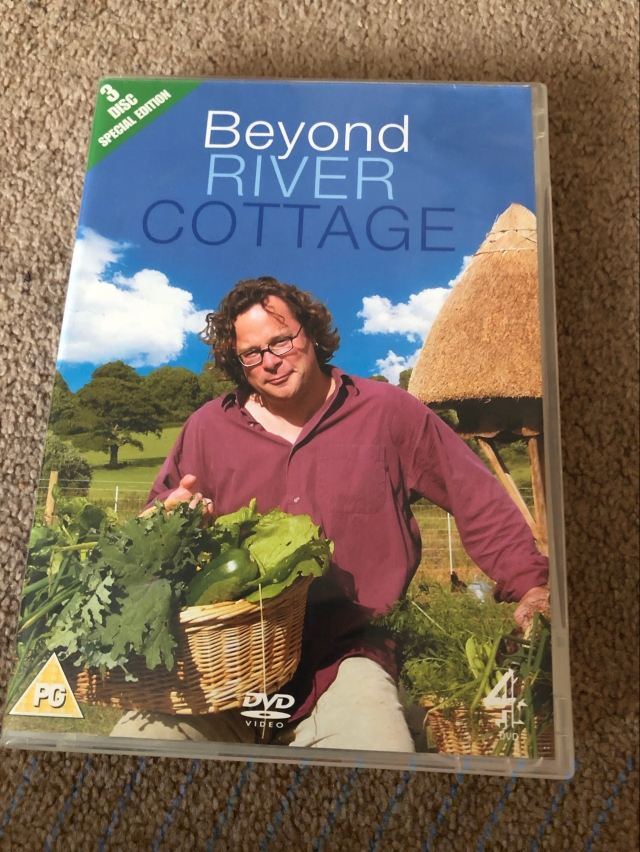
As this blog will testify, I’ve wasted a lot of money during my life. Countless books, records, films and games, hard earned wages thrown away in a vain pursuit to fill my waking hours. But my excess pails into comparison put against the band Duran Duran, who decided to spend what must of been a huge chunk of their earnings on this very strange feature film.
According to Wikipedia, the band were reluctant to issue a straight forward concert video, and so instead hired Australian director Russell Mulcahy to do something a bit different. He’d already directed a number of their promos, and had just finished his first full length movie (unless you include Derek and Clive Get the Horn, which I must make a note to write a blog post about one day) Razorback.
I have no idea what budget they handed Mulcahy, but the film looks expensive. They shot the fantasy elements on the Bond soundstage at Pinewood, the concert segments at the Birmingham NEC. The storyline, such as it is, concerns the origins of their name, taken from the Jane Fonda movie Barbarella. Doctor Duran, the evil presence of that film, keeps on hearing his name and so returns to Earth to battle these impudent humans who have stolen his identify. I can only imagine the reaction of the average 14 year old Duranie, sat watching the rather bizarre opening five minutes of utter nonsense, alien Brummies and all, before the band launch into song.
What’s good about Arena? Well, it’s got a Time Bandit in it, so that’s something. The concert scenes are pretty thrilling, spoilt somewhat when the filmed elements creep back in, particularly the characters in the lift during the opening song. The song choices are all quite safe, sticking to the bigger singles, so a fan hoping for something musically more interesting would be disappointed.
The centre piece is the full promo for Wild Boys, which is extraordinary in so many ways. Not just for it’s absurdity, or how despite this it takes itself utterly serious, as the band spin on windmills and bang their heads on car bonnets. Possibly the presence of TV chef Rustie Lee on a monitor is the sanest part of the whole piece.
My first introduction to Arena came when my brother bought the VHS. I was about 15, and whilst I liked the band I wouldn’t say I was a fan. I’d never even bought one of their singles, let alone an album. I was still more into computer games than music, a situation soon to be massively spun on it’s head.
My reaction when he played it was mostly one of utter confusion. What was this? Is it a film, or a music concert. It annoyed me that it couldn’t make up it’s mind what it wanted to be, something I still think to this day. The clip below of The Reflex from the movie says this more clearly than I ever could.
So many bands of the era went down this road. The strangest is Pet Shop Boys and their movie, It Couldn’t Happen Here, which tellingly has yet to recieve a DVD release. I have only seen it once, and remember it as being like an art house Carry On Film. One minute Chris Lowe is chucking fried eggs over Barbara Windsor, and then you have Gareth Hunt messing around with a dummy. Their songs are few and far between, the character elements drawn out and boring.
So why so I own a copy of Arena? Well, my wife is possibly the biggest Duran Duran fan on the planet, and so she bought the DVD reissue when it came out. It sits alongside her other Duran Duran DVD, Sing Blue Silver, another treat for the senses.
It was late into the 1980’s when I bought my first Duran Duran record, when I purchased the 12″ of All She Wants Is. I also bought the album it belongs to, Big Thing. These days, I love Duran Duran. I’ll listen to their albums at work and they bring me great pleasure. I’m not sure though I would ever have the patience to sit through this sorry excuse for a movie again though. Personally, I’ve spent about £50 on Duran Duran. When you add in my wife’s contribution to Le Bon’s boat fund, the household’s spend it considerably higher.














 Britain in the late seventies only had three television channels, so I was somewhat limited in what I could watch. It also meant the same for jobbing actors, who moved around the channels popping up in any show that would give them work. Often, it felt as if television was resourced by a repertory company, particularly in sitcoms, with the person you saw as a milkman in Rings on Their Fingers suddenly popping up as an insurance saleman in Fresh Fields.
Britain in the late seventies only had three television channels, so I was somewhat limited in what I could watch. It also meant the same for jobbing actors, who moved around the channels popping up in any show that would give them work. Often, it felt as if television was resourced by a repertory company, particularly in sitcoms, with the person you saw as a milkman in Rings on Their Fingers suddenly popping up as an insurance saleman in Fresh Fields.

